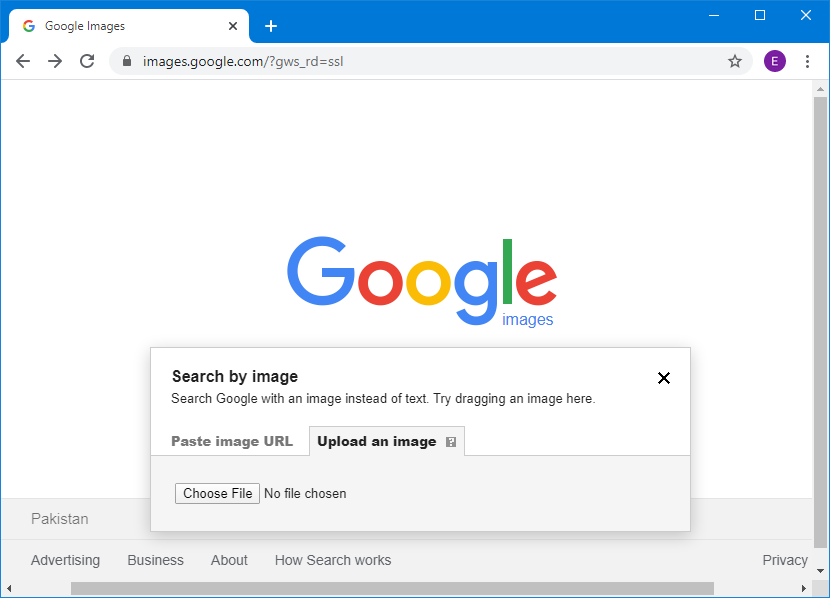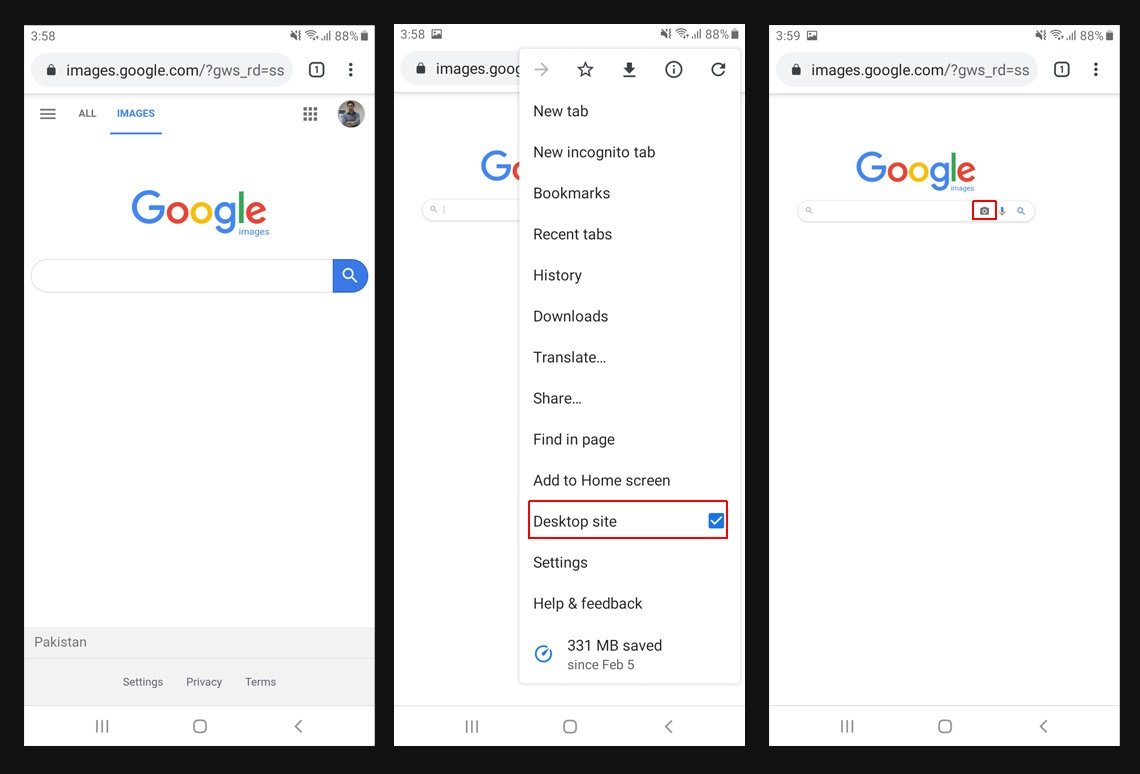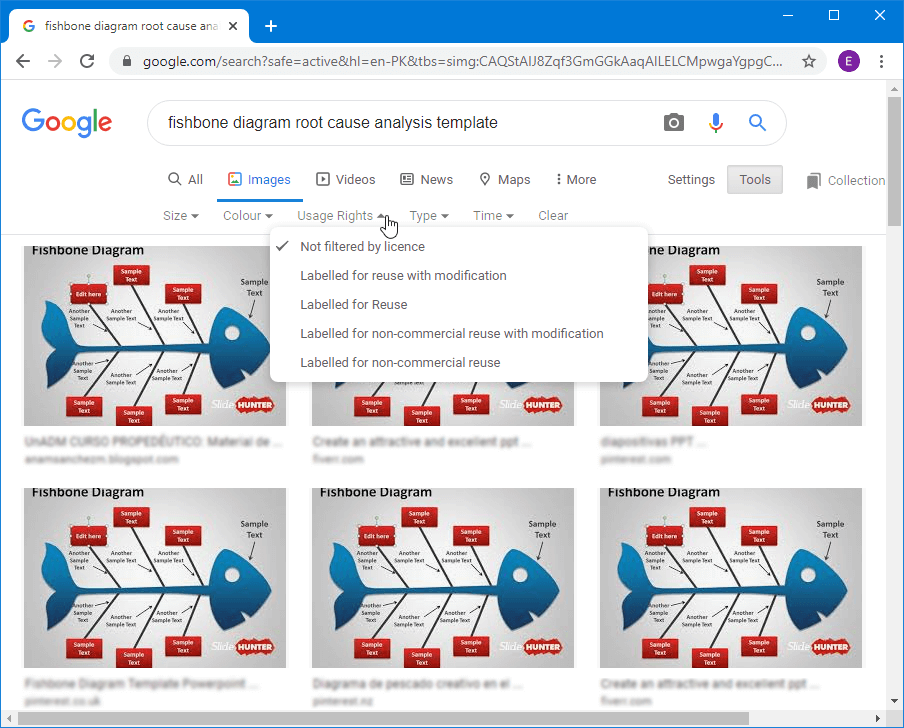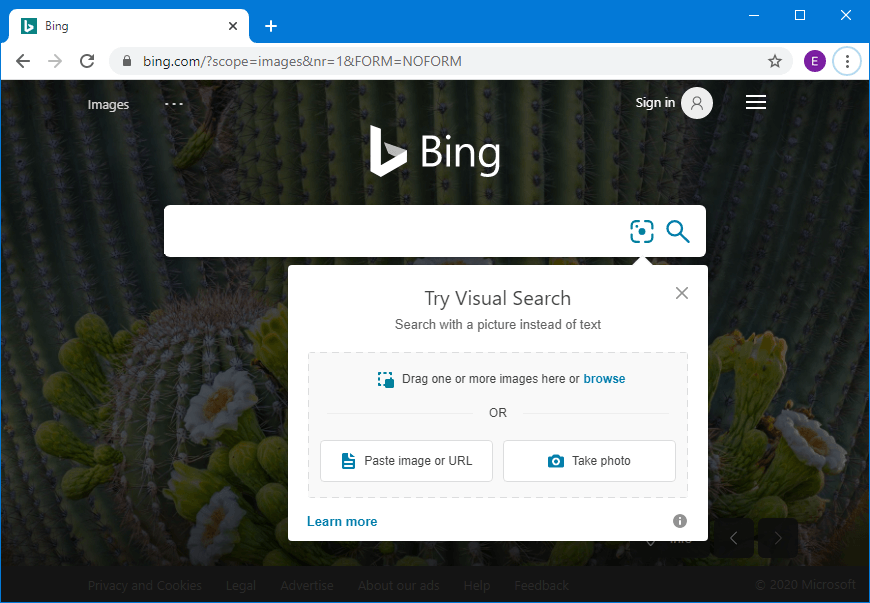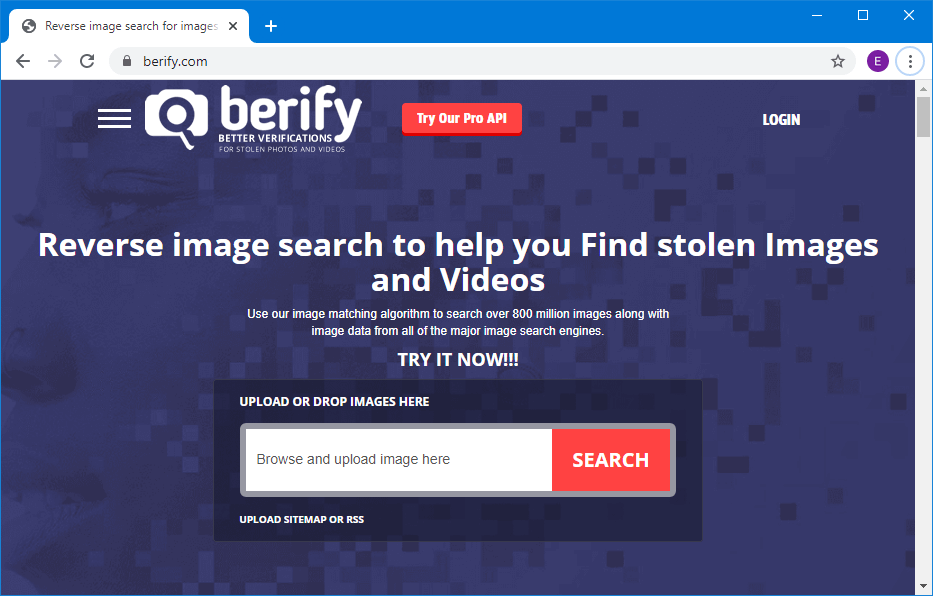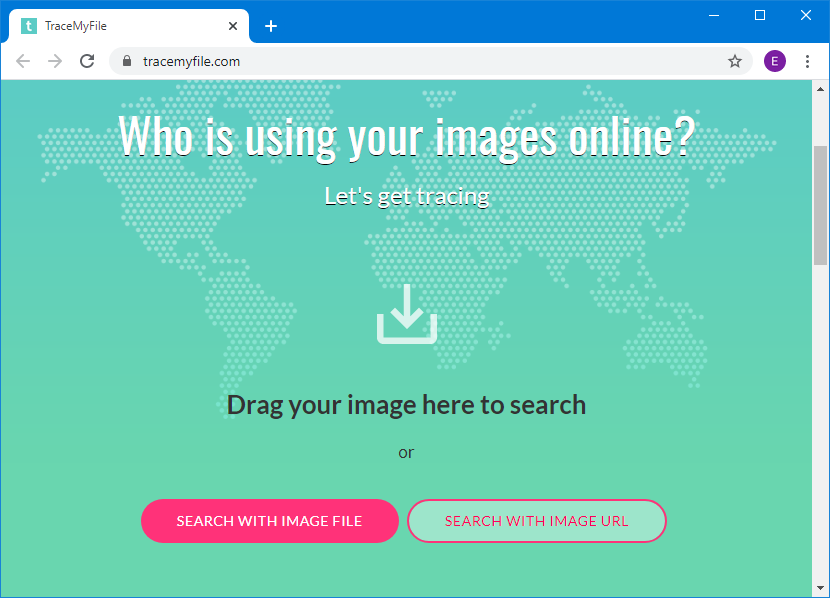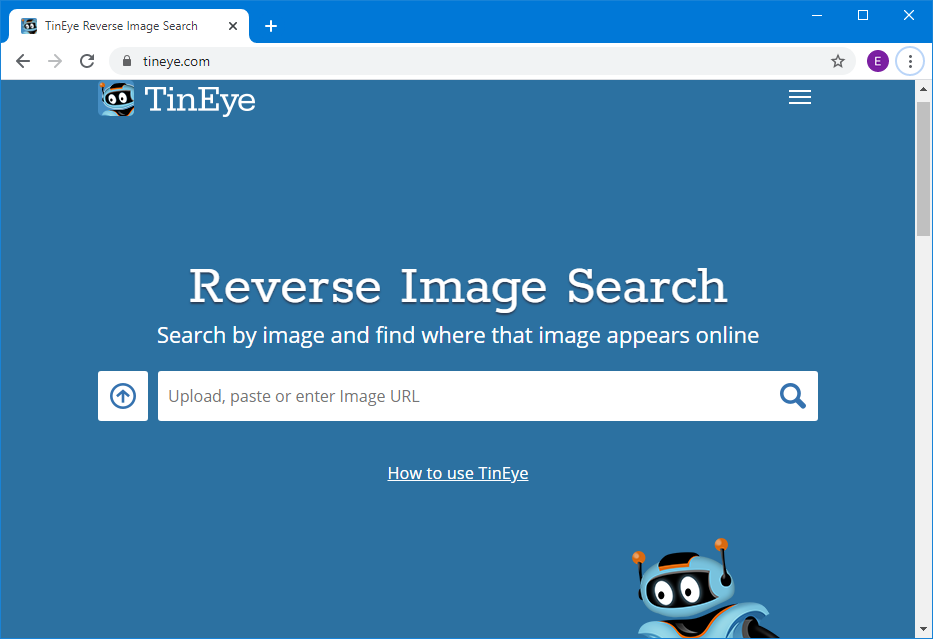Every now and then we require looking for the source of an image or to see if the image is available elsewhere. A blogger might want to check if the image is copyright protected, a student might want to see if an image has originated from an authentic source, someone might want to see if their content was copied without authorization or one might look to find a long lost friend online by using an image. We have created a list of the best reverse image search engines for you with instructions regarding how to use them.
What is Reverse Image Search?
Reverse image search is a search for a picture online by uploading the picture to a search engine to find other results for the same image. You can identify the source of the image, find people, as well as track plagiarized pictures using a reverse image search engine.
How to Perform Reverse Image Search
Reverse image search can be performed by simply uploading a picture from your device to a reverse image search engine. The most famous reverse image search engine is Google Images, which we are also using to show you the process of finding an image using a reverse image lookup. For the purpose of this post we are using an image from the Cause and Effect Fishbone Diagram Template for PowerPoint.
You might not be able to upload images to Google Images via smartphone unless you switch your mobile browser to the desktop version via your browser’s settings.
Once you have uploaded your image, the search engine will show you search results for similar images. Depending on the search engine you’re using, you can also search images by size, time and usage rights.
Best Reverse Image Search Engines
There are a number of reverse image search engines, some of which have been around since the 90s. You can use the following search engines to find results for the most elusive pictures.
1. Google Search
With an infinite archive of billions of images searchable via Google, you can use the reverse image search option by the search engine giant to look up images. It is also one of the oldest reverse lookup engines, since it was launched in 2001. You can access Google Images by either going to Images via the Google Homepage or visit images.google.com.
2. Bing Search
Bing is one of the best reverse image search engines which arguably ranks second to Google. Using Bing, you can drag and upload a picture via your browser, take a picture or paste a URL to perform an image search via www.bing.com/images.
3. Berify
This is a search engine for image and video search, where you can perform a reverse lookup for both. What’s different about Berify is that you can upload your images using a variety of platforms including Dropbox, Flickr, Squarespace or social media accounts. Berify also makes use of all major search engines for performing its search including Google and Bing. This reverse image and video search engine is available with free and paid membership options. You can start your image or video search via berify.com.
4. TraceMyFile
TraceMyFile is a reverse image search engine which other than its free image lookup also provides detailed tracking and analytics for premium members. You can also enable alerts for when your images are posted online to catch copyright violators. You can start tracking your images via tracemyfile.com.
5. TinEye
TinEye is perhaps the oldest reverse image search engine which has been around since 1999. This powerful reverse image search engine is capable of searching as many as 39.9 billion images in a few seconds to find the perfect match for you. You can lookup images by simply heading over to tineye.com.
Using the search engines mentioned in our list, you can easily track image versions online to find anything from copyright violators to people you might be looking to contact. Over the years, reverse image search has picked up due to a variety of reasons. For example, some people try to identify professional contact information for people to invite to seminars and conferences, whereas others use it to identify and report their content published without authorization. It’s also a great way for identifying authentic and free to use diagrams and educational images for use in professional and educational projects. Regardless of your requirements, we hope our list of suggested search engines can help you perform a reverse image search with ease.

